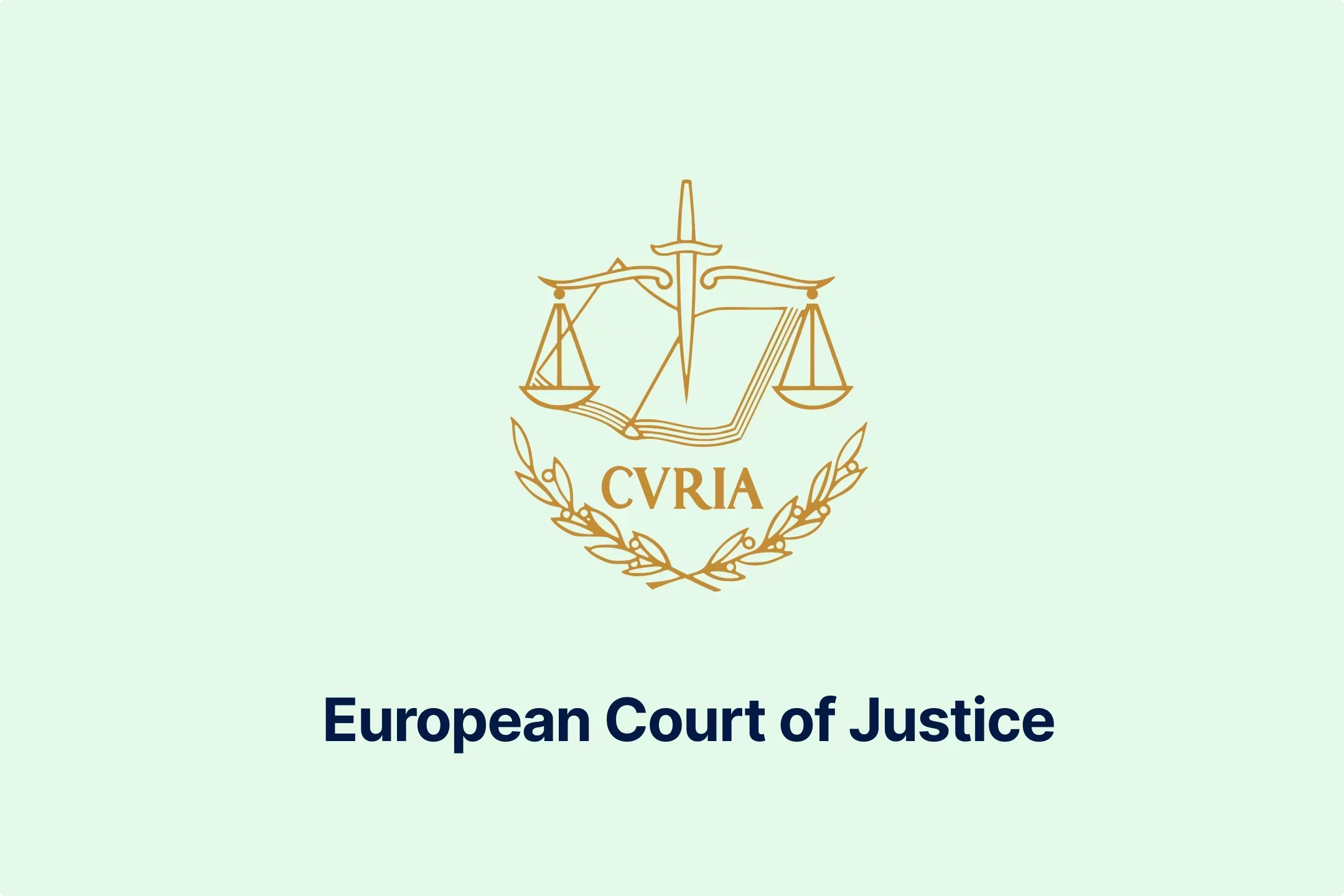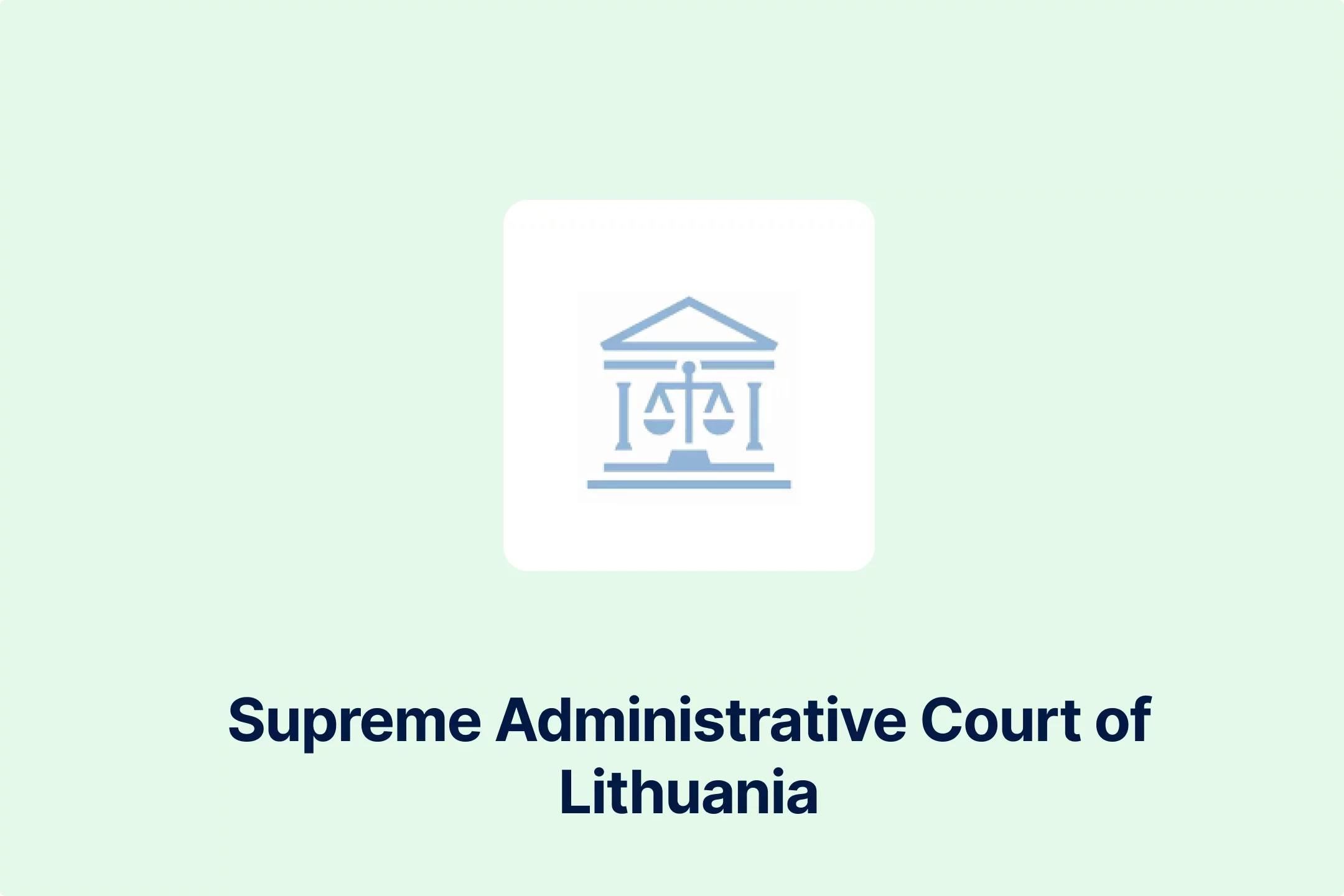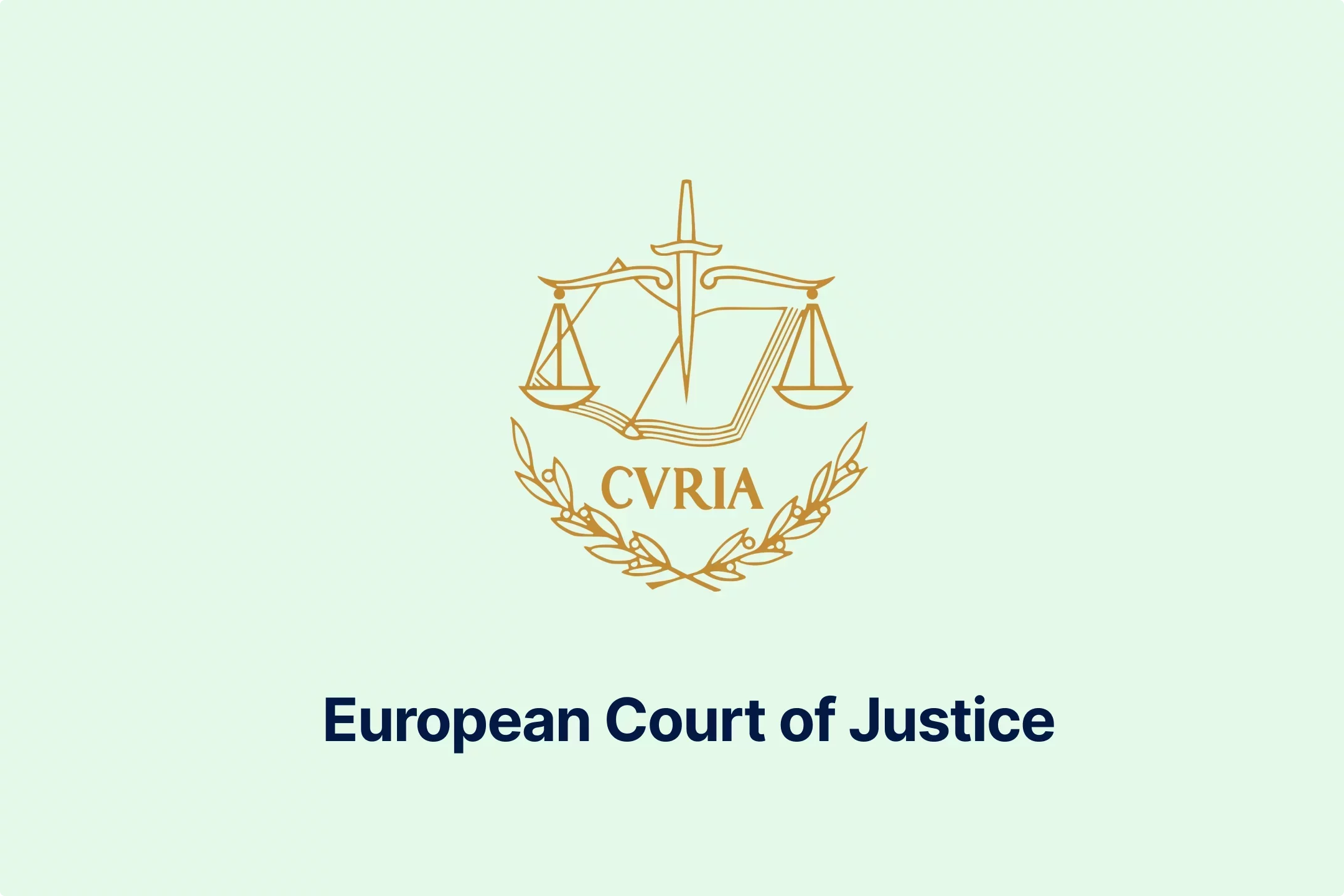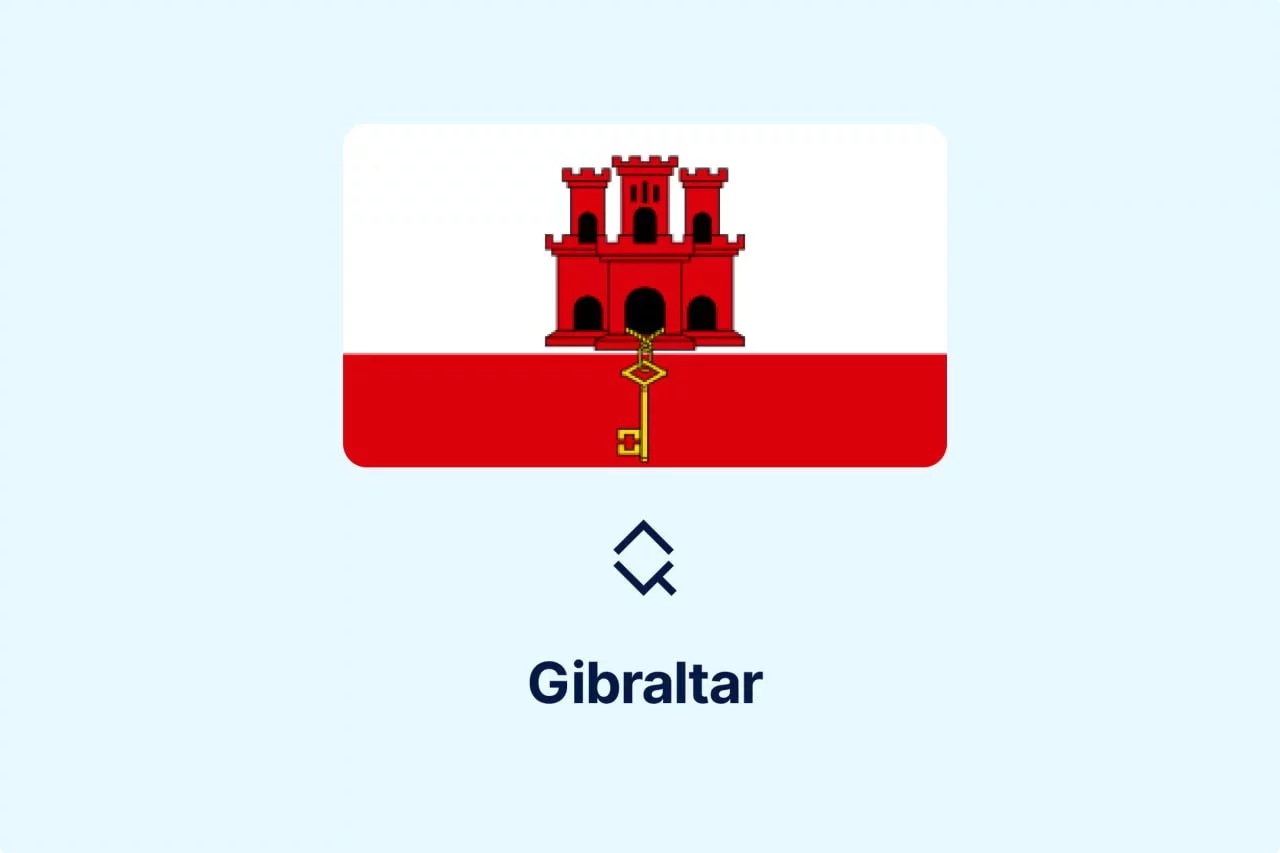UK Court Rules No Penalties for Late VAT Returns Due to COVID-19 Delays

The COVID-19 pandemic brought many challenges for government bodies responsible for taxation and taxpayers. While some obstacles occurred due to a lack of customers or consumers, others occurred due to changes in how people started to work. More specifically, many were not prepared to work remotely, which caused severe issues, including with tax administrations.
One such case occurred in the UK, where a taxpayer (the Appellant) appealed against the penalties imposed by HMRC for late submission of VAT returns and payments.
Facts of the Case and Court Reasoning
The case under discussion is a prime example of the unique challenges that emerged due to the pandemic-induced lockdowns.
In this instance, the Appellant, a solicitor, had engaged a bookkeeping firm to handle all VAT returns. Due to health concerns, the bookkeeper could not physically visit the appellant's office to review the VAT-related documents when the COVID-19 pandemic struck. This led to a delay in the preparation of figures and returns, which were also found to be incorrect.
Despite the potential inaccuracies, the Appellant diligently continued to make the monthly VAT payments, but refused to sign the VAT returns. Furthermore, the Appellant appointed the second bookkeeper and canceled the engagement with the first. However, the second bookkeeper did not take the necessary actions to resolve the problem and even canceled the agreement without providing any service.
In the end, due to specific situations and the amount of work, the Appellant could not independently focus on resolving the issue with figures from VAT returns and asked the first bookkeeping firm to do it since they caused the problem. However, this did not provide any positive results.
In the meantime, while trying to solve this issue and communicating with the HMRC, the HMRC imposed a late submission penalty point for each of the periods ending 05/23, 08/23, and 11/23 in the total amount of nearly GBP 7,000 based on a newly established penalty system.
The Appellant appealed against this, but HMRC declined the appeal, stating that although the firms she appointed might have caused the issue, she is still responsible for the timely submission of VAT returns and payments.
Ultimately, settling this matter was up to the First-tier Tribunal (FTT). In its decision, the FTT stated that the Appellant could not foresee that the first bookkeeping firm would not manage to perform their job due to COVID-19, so she hired a second firm, showing the willingness to resolve this issue.
The FFT concluded that the Appellant took reasonable care to avoid any VAT-related issues, especially considering that she contacted HMRC and acted upon their advice. Based on all facts, the FTT reduced the penalties to zero.
Conclusion
The dispute settled by the FTT shows what challenges were raised during the COVID-19 pandemic and how long-lasting the consequences may have been. On the other hand, this case shows that even when taxpayers face issues, a proactive approach to settling them could lead to positive outcomes, even when the penalties and fines have already been imposed.

Featured Insights

Burkina Faso FEC E-Invoicing Mandatory July 2026
🕝 February 24, 2026More News from Europe
Get real-time updates and developments from around the world, keeping you informed and prepared.

EU Law Primacy in VAT: ECJ Rules on Hungarian National Practice

Appstore VAT Ruling: Who owns your In-App Purchase tax? C-101/24

VAT Treatment of EU-Funded Projects for Non-Profit Associations

Right to Deduct VAT on Fixed Asset Reconstruction: Court Ruling
-7xsxxoypnx.webp)
Italy’s EUR 1 Billion VAT Dispute with Meta, X, and LinkedIn Explained
-l0zcrrzvhb.webp)
EU 5% Digital Service Tax Could Generate EUR 37.5 Billion: CEPS Study

Restrictions on VAT Deduction: Key Legal Cases & Compliance Insights
-qsozqjwle2.webp)
EU Parliament Approves ViDA: VAT Reforms & Digital Tax Compliance

-e9lcpxl5nq.webp)




-zzrhegqsyq.webp)

-ulcnia30z1.webp)



-3rcczziozt.webp)

-rvskhoqpms.webp)




-a5mkrjbira.webp)

-ivkzc1pwr4.webp)




-hssrwb5osg.webp)



-c06xa1wopr.webp)









-webajrr4ny.webp)
-evibmwdwcn.webp)
-7acdre0hop.webp)

-lcgcyghaer.webp)
-ol6mdkdowg.webp)
-aqdwtmzhkd.webp)

-njgdvdxe2u.webp)



-i6rki3jbad.webp)
-hdwgtama05.webp)

-atbhy5fyxv.webp)






-zp2n6zixoa.webp)
-oa1ynbm4sn.webp)

-lltkno6txy.webp)



-do38odrqnq.webp)

-t409oldqzt.webp)

-hordopb6xh.webp)

-ooimnrbete.webp)

-lwb5qpsily.webp)


-eumafizrhm.webp)

-mtqp3va9gb.webp)

-3ewrn1yvfa.webp)
-591j35flz2.webp)

-huj3cam1de.webp)


-hafis0ii23.webp)

-qseaw5zmcy.webp)



-qzsah2ifqx.webp)

-69rzooghib.webp)
-wrvng98m0g.webp)


-psucycuxh2.webp)
-klyo8bn5lc.webp)




-6wv5h5eyyd.webp)
-tfgg78rbid.webp)
-a6jpv9ny8v.webp)
-qhdbapy0qr.webp)

-owvu7zoc13.webp)


-h28jrh1ukm.webp)

-wl9bl1rw3a.webp)

-2w76jtvtuk.webp)

-c0uvrmrq9j.webp)



-pofe7ucwz3.webp)



-5cc23ezxyf.webp)
-rrmabbekeb.webp)







-iyyeiabtaf.webp)
-c8rbjkcs01.webp)
-nilkffjhah.webp)

-hikakq55ae.webp)

-z1d60bldtg.webp)
-d1a0q6n7mp.webp)
-viip8nvoeh.webp)
-bvv1otliox.webp)



-de8hdb1bn3.webp)

-cm0opezg73.webp)
-0tovsdupmi.webp)
-subxdamdj6.webp)


-gly6ablwnh.webp)
-gkduqhwbzh.webp)
-qpe1ld9vcj.webp)
-8noukwsmba.webp)
-aka29tuhkt.webp)


-fisvs27yrp.webp)


-mp0jakanyb.webp)

-aivzsuryuq.webp)



-o7f4ogsy06.webp)

-zjja92wdje.webp)
-hrbhdts8ry.webp)
-qtdkwpgkug.webp)


-cf8ccgah0p.webp)
-0em3cif5s6.webp)






-ptzesl0kij.webp)

-tfzv42pyms.webp)







-uodv7sfbih.webp)
-bbrdfmm9qf.webp)



-m2tl8crfqr.webp)




-1awbqjgpjs.webp)
-avbjsn1k1g.webp)


-0h8ohkx6s0.webp)



-wfmqhtc7i6.webp)
-7wljbof2zo.webp)

-eqt97uyekl.webp)
-wzw9mcf563.webp)

-z4oxr6i0zd.webp)




-fhtic1pwml.webp)

-iipdguuz9p.webp)
-nkhhwrnggm.webp)
-pltqwerr3w.webp)

-nn6mtfbneq.webp)

-tmnklelfku.webp)



-8z1msbdibu.webp)
-7g16lgggrv.webp)



-lxcwgtzitc.webp)
-9mc55kqwtx.webp)


-xla7j3cxwz.webp)
-jrdryw2eil.webp)





-t9qr49xs2u.webp)


-qjopq5jplv.webp)



-vune1zdqex.webp)

-rgjta7iwiv.webp)

-zb6bxxws47.webp)
-lyfjzw4okp.webp)

-ogpfmol5m1.png)


-czisebympl.png)

-zetvivc79v.png)
-ud7ylvkade.png)
-qizq6w2v5z.png)







-ihr6b4mpo1.webp)
-k1j4au0ph6.webp)
-swxxcatugi.webp)


-ig9tutqopw.webp)

-tauoa6ziym.webp)

-spr0wydvvg.webp)
-xfuognajem.webp)





-u2nv5luoqc.webp)








-opuxpan2iu.webp)




-kwttsfd8ow.webp)
-8u14qi10nj.webp)

-wjpr96aq5g.webp)

.png)

.png)


.png)


.png)



.png)
.png)
.png)
.png)
.png)

.png)
.png)




.png)
.png)



































































































































